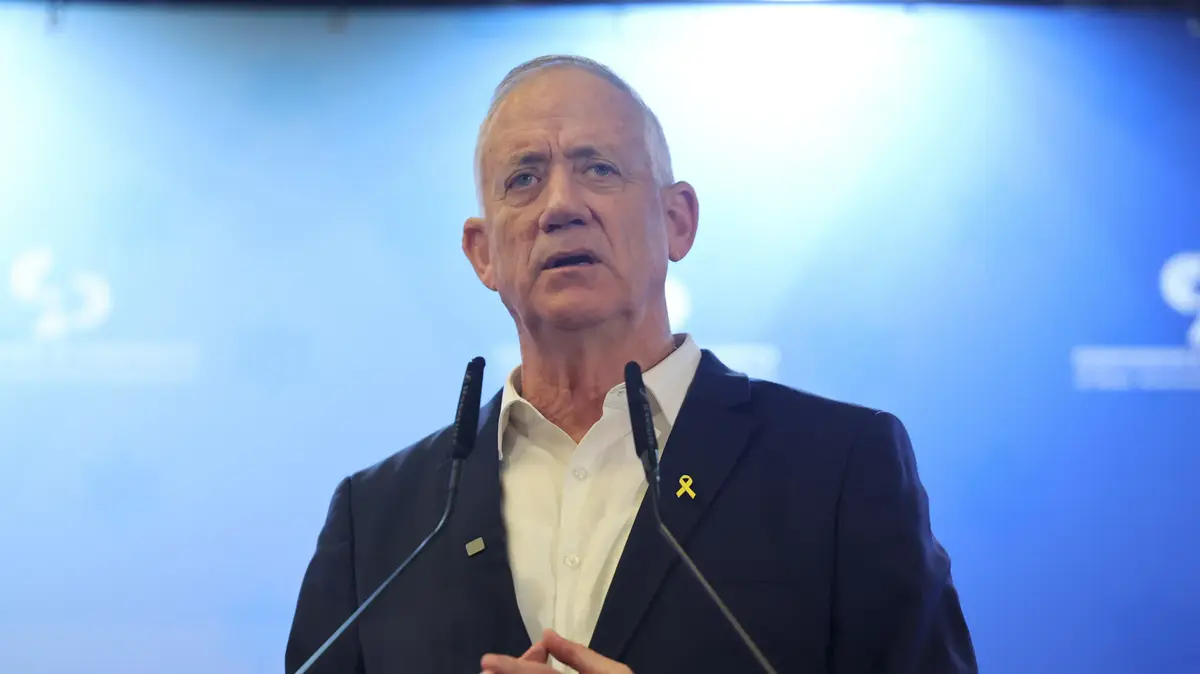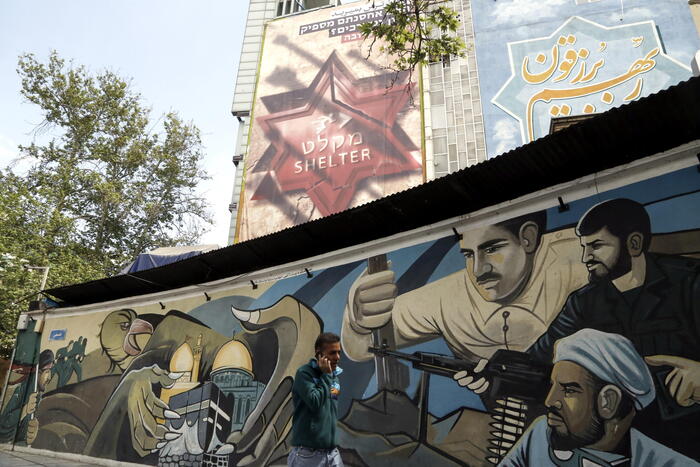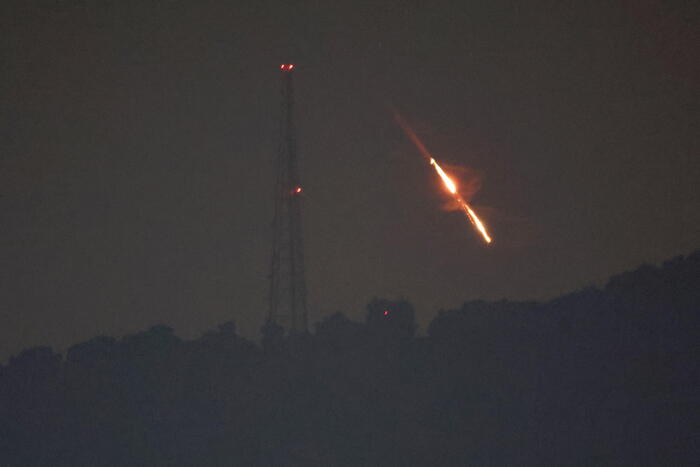The maritime border agreement is getting further and further away:
in the weekly assessment of the situation that took place today (Thursday) in the presence led by Defense Minister Benny Gantz, the Chief of Staff, the Director General of the Ministry of Defense and the head of the Operations Division - the Minister of Defense instructed to prepare for a scenario of escalation in the North both in the attack efforts and in the defense efforts, in view The developments in the negotiations on the maritime border.
In addition, today (Thursday) the political-security cabinet met to discuss the American compromise proposal, but even before that a senior political official said that "Prime Minister Yair Lapid rejects Lebanon's comments to the agreement."
According to the source, "Lapid was informed of the details of the new essential changes that Lebanon wants to make in the agreement and ordered the negotiation team to reject them.
The Prime Minister made it clear that Israel will not compromise its security and economic interests in any way, even if it means that there will be no agreement soon." Pay attention to the phrase "substantial changes", which contradicts the reports from Beirut according to which the Lebanese requested only minor amendments.
Harish gas rig, photo: AFP
Prime Minister Lapid, photo: Gideon Markovich
The senior official added that "Israel will produce gas from the Harish rig as soon as it becomes possible. If Hezbollah or anyone else tries to damage the rig or threaten us - the negotiations on the maritime line will stop immediately and Nasrallah will have to explain to the citizens of Lebanon why they do not have a gas rig and an economic future." As you may remember, the Secretary General of Hezbollah has threatened several times to act against Israel if it starts producing gas from Karish without an agreement being reached on the subject.
Despite the explosive potential, Brigadier General (ret.) Prof. Yaakov Nagel, former Acting Head of the National Security Council and currently a senior research fellow at the Fund for the Defense of Democracies, estimates that "we are still far from a military conflict. Contrary to Nasrallah's bragging, a conflict is the last thing that wins "Hezbollah wants him.
He is very interested in the agreement and the ability to appropriate it to him, but not in a military skirmish with Israel at this stage.
"However, his threats must not be ignored and Israel must be prepared for any scenario. It is important that the responsible parties in Israel, especially the security ones, do not express fear of a conflict with Hezbollah, if the organization dares to violate Israeli sovereignty and interfere with the production of gas in Karish. Such a conflict would hurt Lebanon much more than Israel , and it is important that beyond Nasrallah, the Lebanese people and leadership also understand this in advance."
According to Brigadier General (ret.) Shaul Horev, former Deputy Commander of the Navy and currently head of the Center for Naval Policy and Strategy Research, "the current situation could have been avoided if Israel had adopted an orderly strategy to protect its interests in the Mediterranean, and placed the Harish rig south of its current location without giving up the reservoir.
"This is technically possible, and was even done with the Leviathan rig: a well can be drilled in the reservoir itself and an underwater infrastructure can be laid from it to the rig, which will be placed in a remote location. This has certain costs, but it would allow Israel to extract gas from Shark and at the same time conduct negotiations on the maritime border Without a threat hovering over the rig."
According to publications in Lebanon, the two main demands of the government in Beirut are to exclude from the agreement the recognition of the "Line of Line", which is the de facto security border that Israel unilaterally established, about five kilometers deep into the sea from the direction of Rosh Hankara;
and to ensure that Lebanon's gas profits from the Kana field will not be harmed in any way even if Israel receives them indirectly, through the "Total" company that is supposed to carry out the drilling.
Lapid's change of direction came against the background of a sharp attack from the opposition on the maritime border agreement and criticism even from within the government.
The chairman of the opposition Benjamin Netanyahu said after the publication of the statements that "Nasrallah threatened - and Lapid folded.
Only the heavy pressure my friends and I exerted made him withdraw from his surrender agreement, for now." He also added that "in any case, this illegal agreement, which was made without the approval of the Knesset, will not bind a government headed by me."
Within the coalition, the alternate Prime Minister Naftali Bennett expressed reservations about the agreement, and according to sources close to him, he is re-examining it since changes were made to it that he did not give his consent to during his tenure as Prime Minister.
If the agreement is submitted for approval by the government, Bennett will have a right of veto in the matter by virtue of his position as the alternate prime minister.
Interior Minister Ayelet Shaked also sets conditions for the advancement of the agreement, saying that it must be approved by the Knesset plenum - a move that is highly doubtful if it will find a majority in the plenum.
Justice Minister Gideon Sa'ar has not yet taken a position on the question of approving the agreement in a vote in the Knesset, but said that in his opinion the minimum required is to place the agreement on the Knesset's table for consideration.
In light of the accumulation of these obstacles, it appears that it will be difficult to reach an agreement with Lebanon before the elections.
were we wrong
We will fix it!
If you found an error in the article, we would appreciate it if you shared it with us















